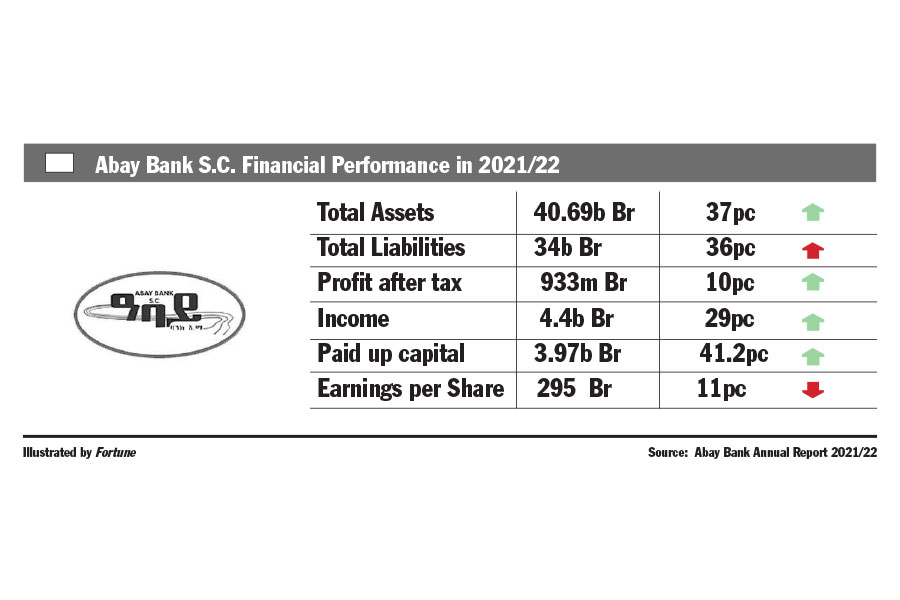
Sunday with Eden | Jun 21,2025
May 9 , 2020
By Bereket Kefyalew
The Novel Coronavirus (COVID-19) pandemic has forced the global community to telecommute. Effective remote working arrangements and practices have helped some countries continue working despite lockdown measures enforced due to the pandemic.
In its effort to contain the spread of the virus, the Ethiopian government has also instructed most of its federal employees to work remotely. This was while remote work arrangements were hitherto regarded as a privilege or taboo by many of our institutions.
But while those nations with strong infrastructure and familiarity with remote work continue to be productive, the developing world, including Ethiopia, is lagging behind. The challenge during the pandemic is not only poor infrastructure but also limited remote work experience, working culture and sheer misunderstanding of the telecommuting modality.
The term "telecommuting," more widely known as remote work, is believed to have been first coined in the early 1970s. Since that time, the number of people utilising it, especially in the Western world, has grown steadily. Many international institutions and private companies have been experimenting and researching its effectiveness. Consequently, they have developed a better understanding of its success and recognised it as a legitimate work arrangement.
More than two-thirds of people around the world work remotely at least once every week, while 53pc of them telecommute at least half of the week, according to a recent study by IWG, a Swiss company. More than 26 million Americans worked remotely in 2019 as well, the US Bureau of Labor Statistics claims. As of March 2020, six in 10 American knowledge workers are working remotely, according to Forbes. The Netherlands, at 14pc, and Finland, at 13.3pc, are the leading countries in the European Union.
Telecommuting arrangements can vary significantly on the nature of the work and the policies of companies. The situation can be fully or partially remote; employees may work from their home or other location, perhaps far away from clients or their organisation’s geographical location. Interestingly enough, there are a number of companies who have been working remotely for years, some even since their foundation. GitLab, Aha, Clevertech, Time Doctor, Toggl and Upworthy are examples of companies with employees that fully telecommute.
There are strong arguments to be made for telecommuting, which has been shown to increase job satisfaction, organisational commitment, performance and lower work stress for employees. Employers also receive a wide range of benefits such as easy access to global talent, reduced overhead expenses, time saved getting to and from an office and reduced family-care costs. On the contrary, others argue that remote work increases the isolation of employees and offers little knowledge sharing among colleagues. In some cases, those who work out of the office may be subject to working during non-work hours.
However, if it is done right, remote work can enhance productivity, creativity and the morale of employees. It would even be favourable to embrace it as a reflection of an institution’s core values and mission instead of just treating it as an incidental COVID-19 imposition.
Here in Ethiopia, prior to COVID-19, we knew little about telecommuting. Nonetheless, as part of the unintended consequences of COVID-19, we are already seeing both the benefits of early telecommuting practices and the complex challenges in efficiently utilising it.
Understanding the challenges may need further research, but we can all agree that most of our institutions have no clear plan or policies on telecommuting. And without such a framework, it would just be wishful thinking to expect that we can reap all the benefits of remote work.
Nonetheless, in the near future, there are indications that Ethiopia could scale up its digital skills training and have the digital talent to work remotely for companies based in distant geographical locations.
Emerging countries such as India have already been taking advantage of the vast openings created by the fourth industrial revolution. Workers from such nations are working out of their home offices for companies located in the developed world. Training our youth accordingly is necessary to come out on top.
Since we are now forced to practice remote work due to COVID-19, we should seize this opportunity to begin the conversation on its effectiveness as well as the possibility of properly institutionalising it in the post-pandemic era.
PUBLISHED ON
May 09,2020 [ VOL
21 , NO
1045]


Sunday with Eden | Jun 21,2025

Commentaries | May 08,2021

My Opinion | Jun 04,2022

Commentaries | Apr 13, 2025

Radar | Jan 04,2020

My Opinion | Sep 11,2020

Radar | Jun 17,2023

Commentaries | Jan 18,2019

Verbatim | Nov 16,2019

Fortune News | Mar 18,2023

Photo Gallery | 174068 Views | May 06,2019

Photo Gallery | 164293 Views | Apr 26,2019

Photo Gallery | 154403 Views | Oct 06,2021

My Opinion | 136619 Views | Aug 14,2021
Editorial | Oct 11,2025

Dec 22 , 2024 . By TIZITA SHEWAFERAW
Charged with transforming colossal state-owned enterprises into modern and competitiv...

Aug 18 , 2024 . By AKSAH ITALO
Although predictable Yonas Zerihun's job in the ride-hailing service is not immune to...

Jul 28 , 2024 . By TIZITA SHEWAFERAW
Unhabitual, perhaps too many, Samuel Gebreyohannes, 38, used to occasionally enjoy a couple of beers at breakfast. However, he recently swit...

Jul 13 , 2024 . By AKSAH ITALO
Investors who rely on tractors, trucks, and field vehicles for commuting, transporting commodities, and f...

Oct 11 , 2025
Ladislas Farago, a roving Associated Press (AP) correspondent, arrived in Ethiopia in...

Oct 4 , 2025
Eyob Tekalegn (PhD) had been in the Governor's chair for only weeks when, on Septembe...

Sep 27 , 2025
Four years into an experiment with “shock therapy” in education, the national moo...

Sep 20 , 2025
Getachew Reda's return to the national stage was always going to stir attention. Once...

Oct 12 , 2025
Tomato prices in Addis Abeba have surged to unprecedented levels, with retail stands charging between 85 Br and 140 Br a kilo, nearly triple...

Oct 12 , 2025 . By BEZAWIT HULUAGER
A sweeping change in the vehicle licensing system has tilted the scales in favour of electric vehicle (EV...

Oct 12 , 2025 . By NAHOM AYELE
A simmering dispute between the legal profession and the federal government is nearing a breaking point,...

Oct 12 , 2025 . By NAHOM AYELE
A violent storm that ripped through the flower belt of Bishoftu (Debreziet), 45Km east of the capital, in...